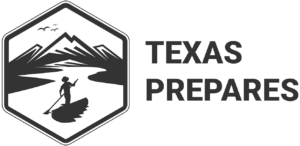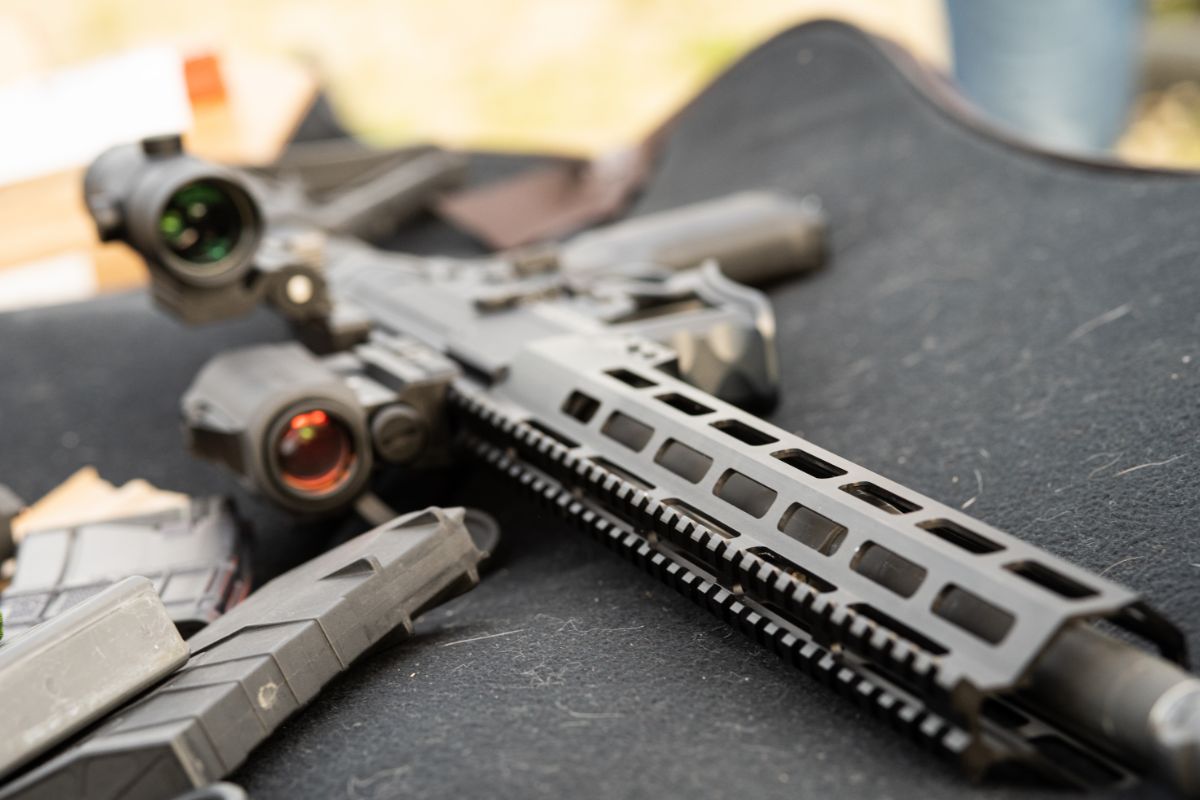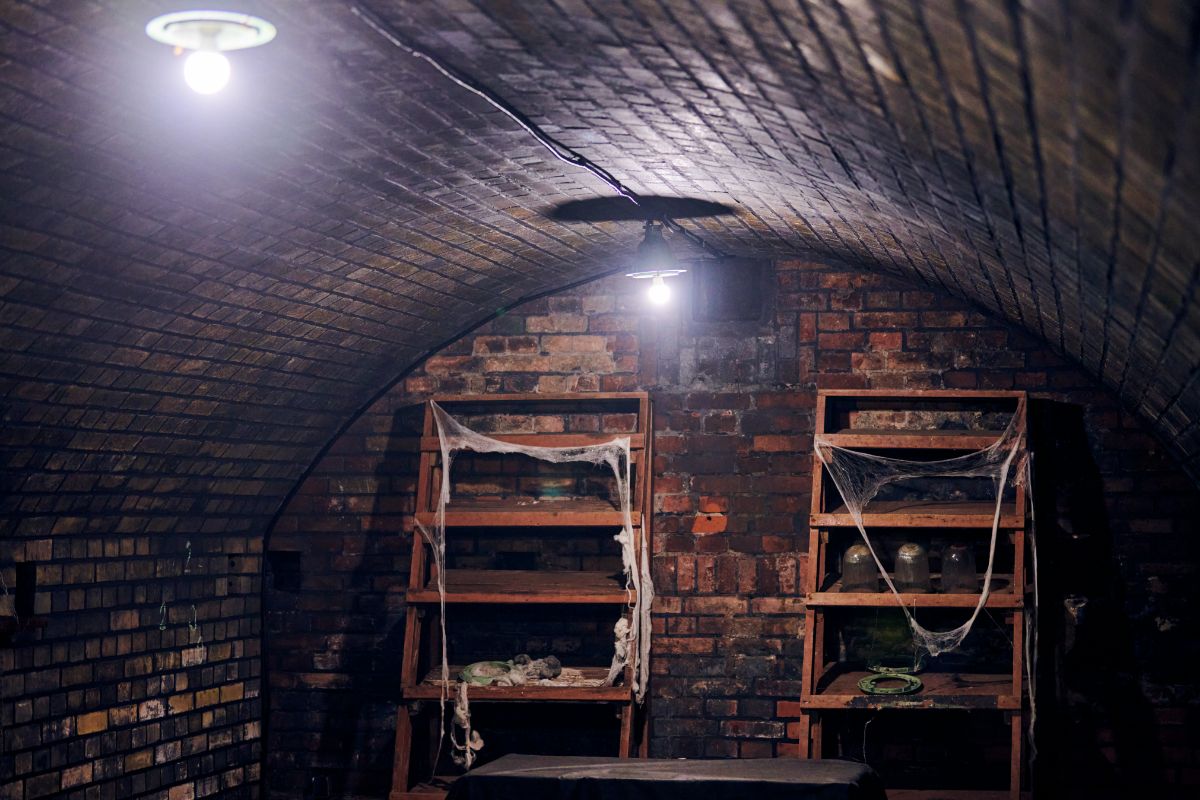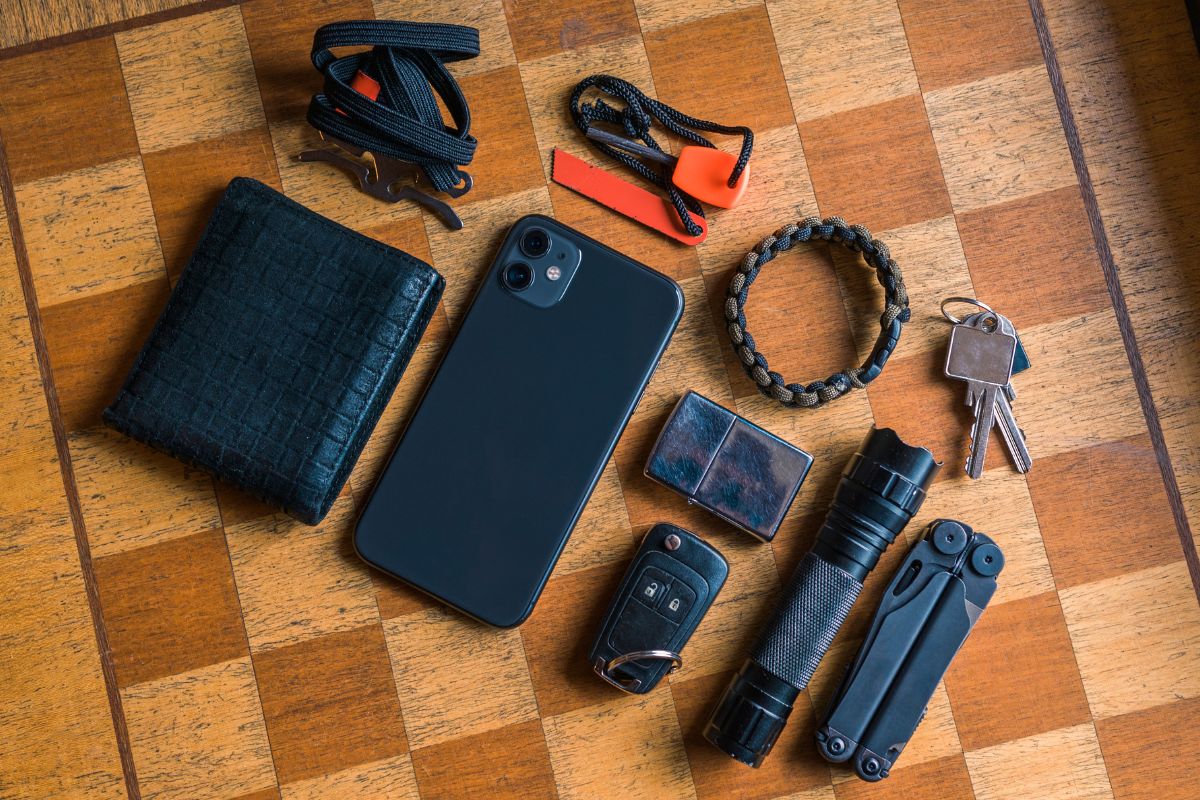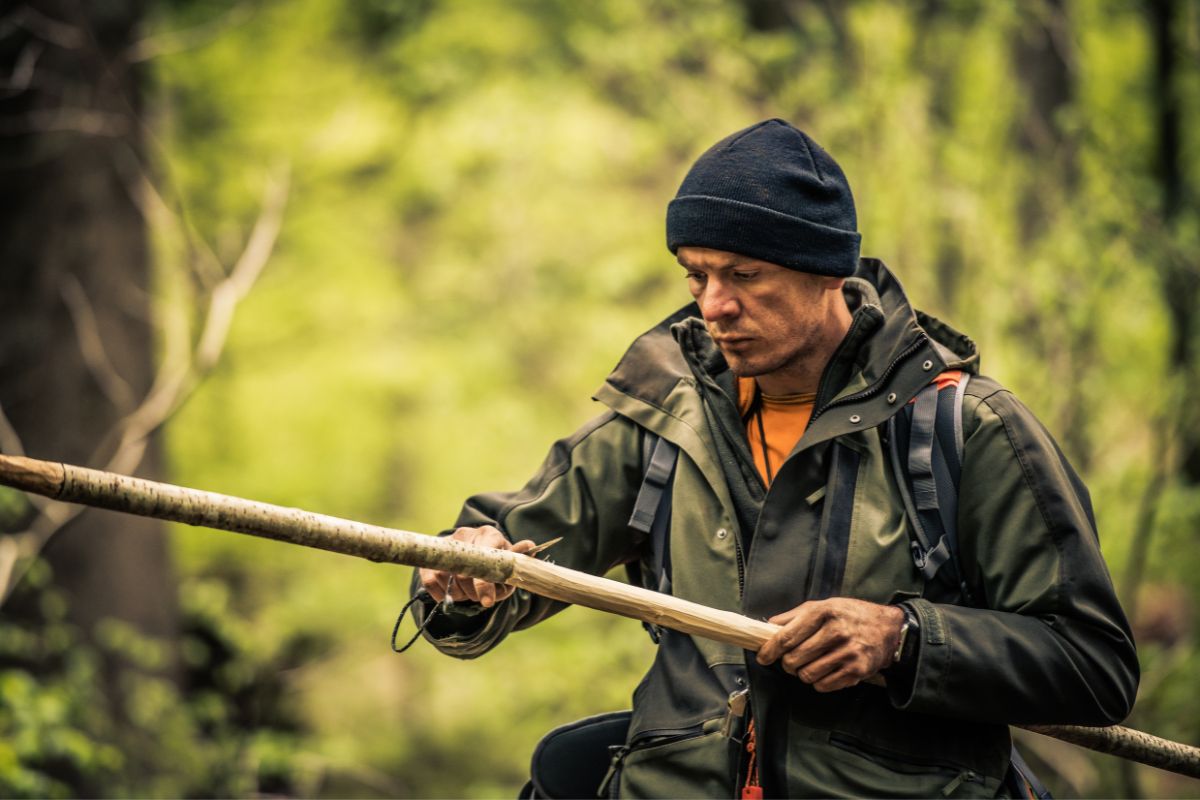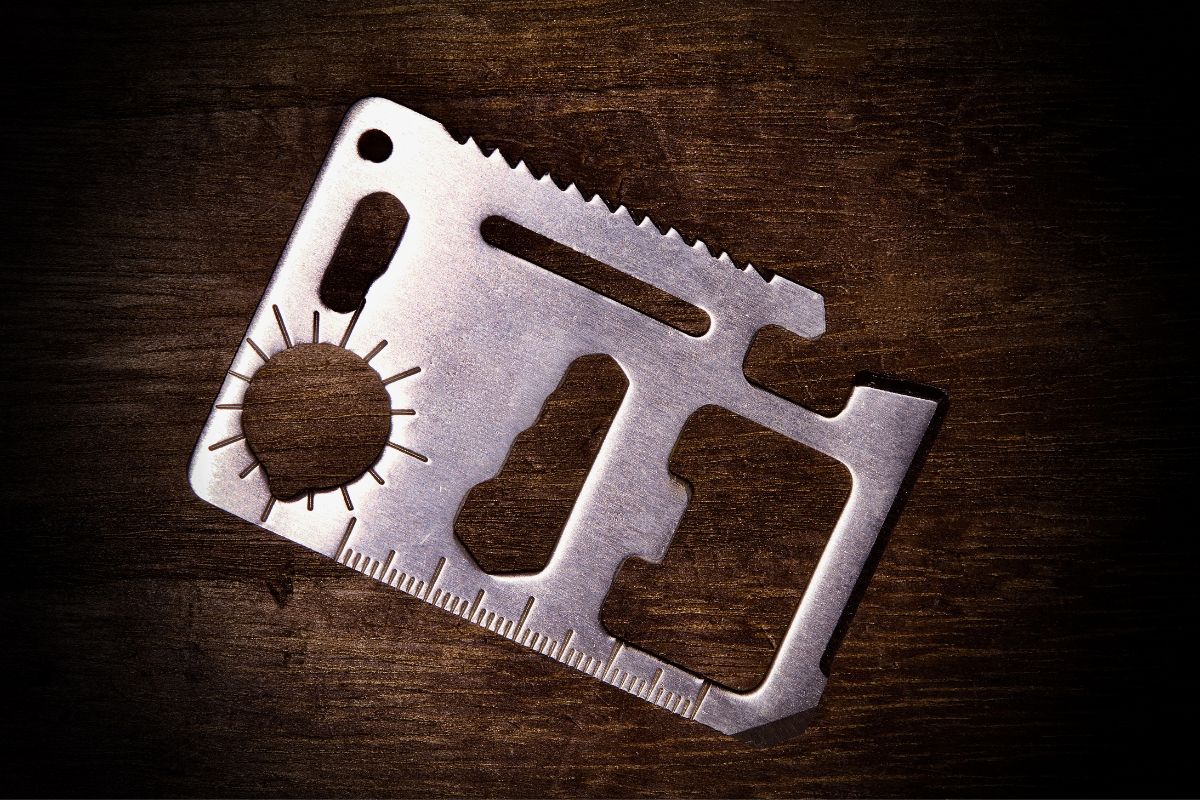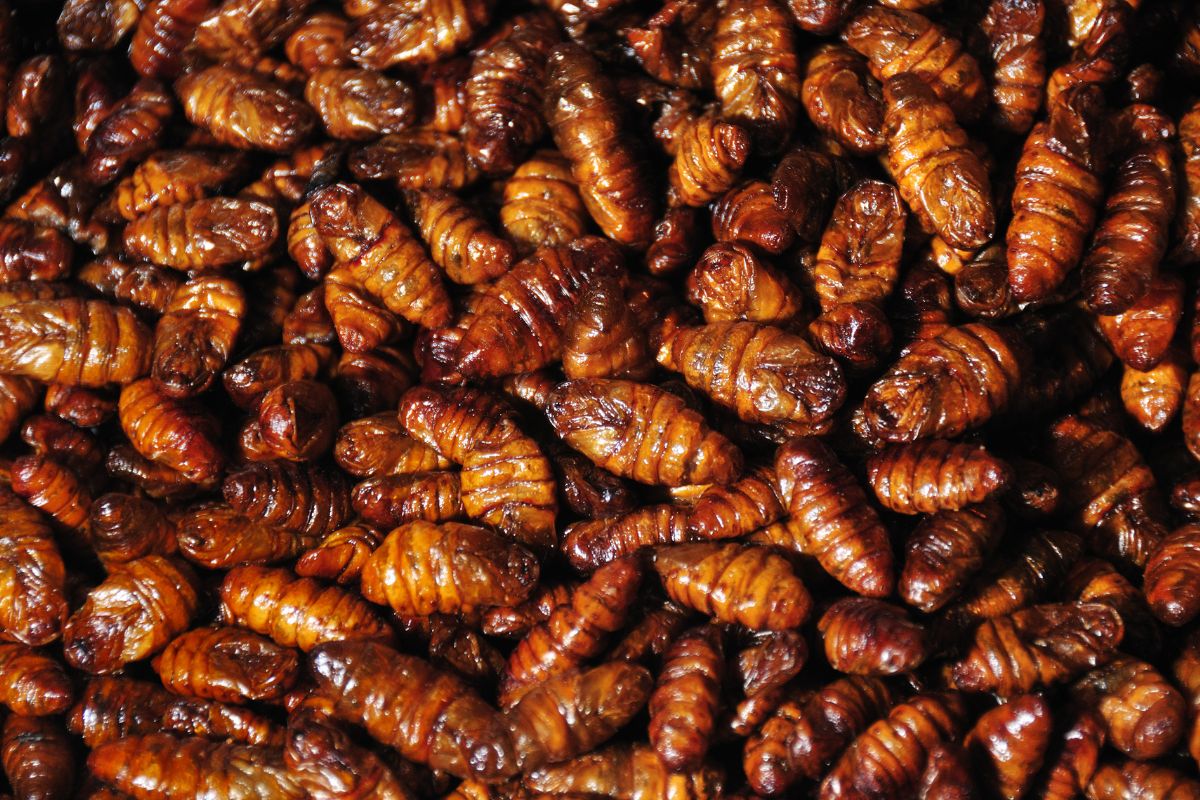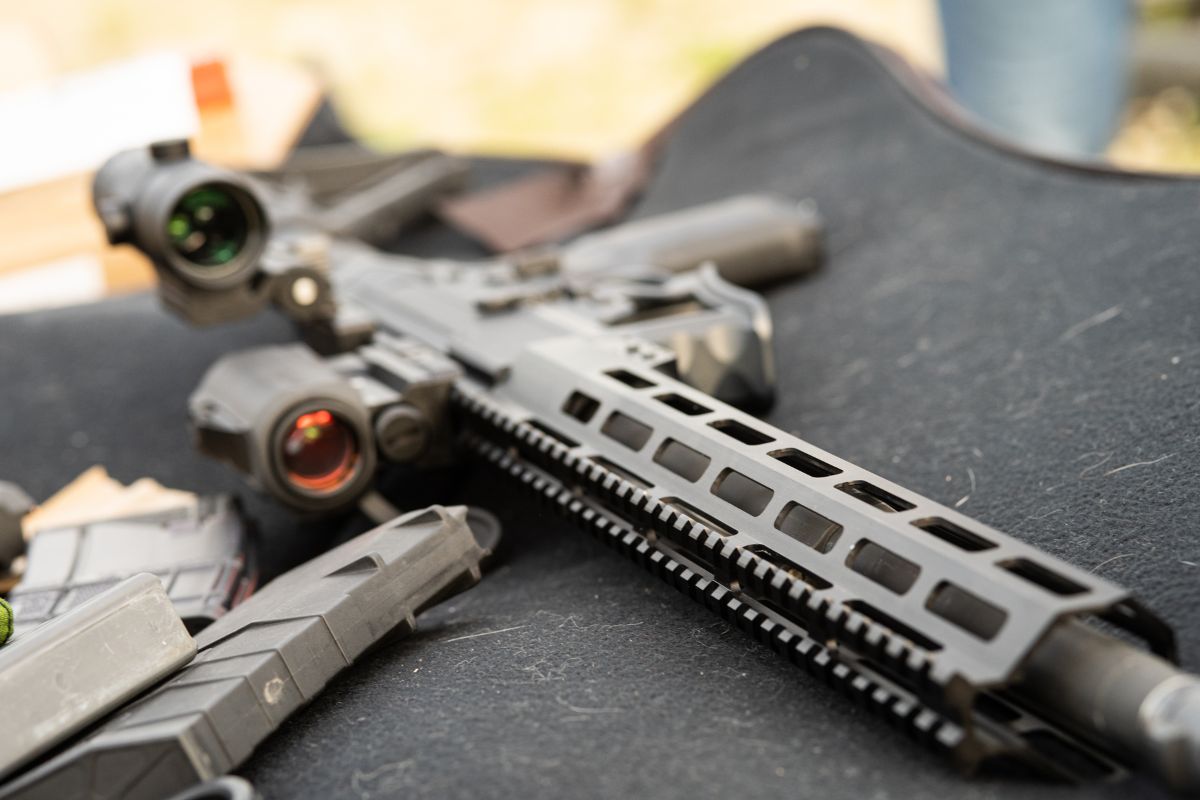We all like to believe we are ready for whatever disaster comes our way.
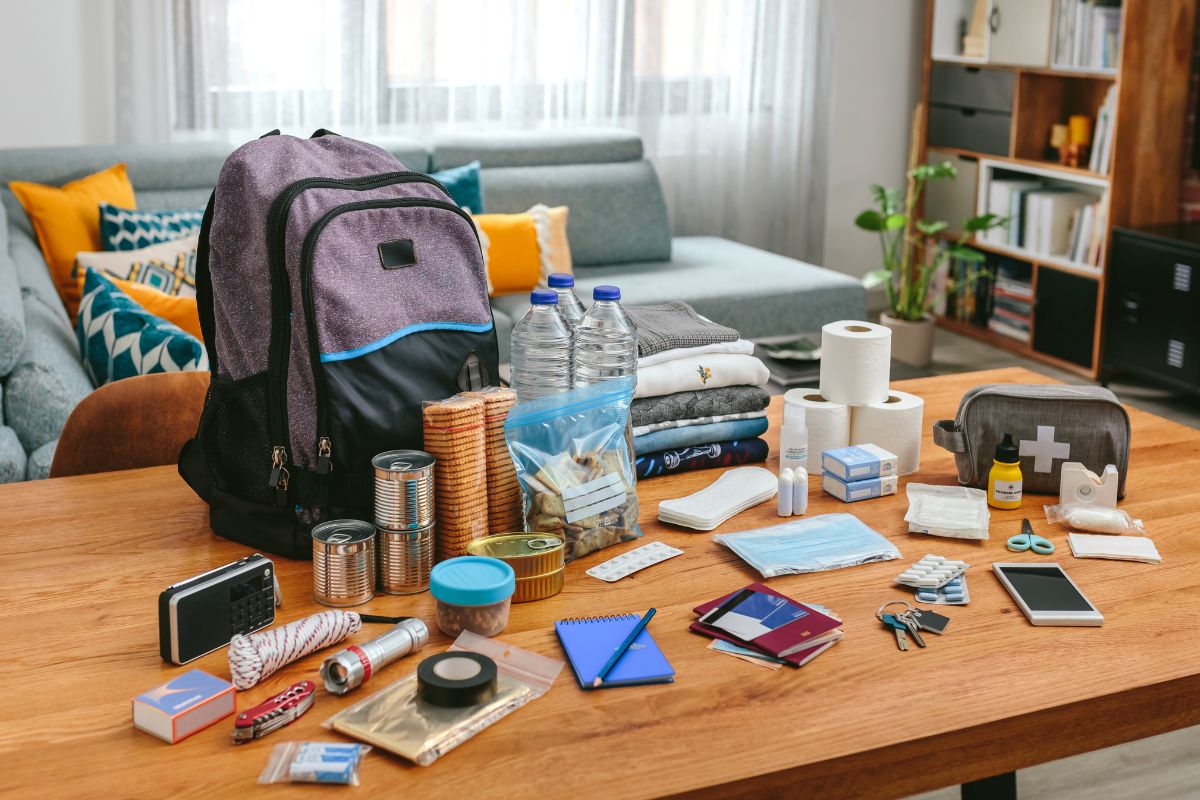
Natural or man-made disasters, societal or economic disasters, so many different disasters that could assault us at any given moment, and we want to know that we are ready for all of them no matter what.
However, when they actually hit our areas or leave us in a bind. What do we do then? Are you actually as prepared as you say you are?
In this article, we are going to explore the essentials of disaster survival, giving you information, ideas on skills and more before making you think about the question:
Are you ready or not for any given disaster?
Essentials
These are the things that you need to have on you for any given disaster, no matter what it is. Some things are obvious, while others you may not have thought of before:
Emergency Disaster Kit
This is going to be your single best friend through any disaster. If you have an emergency disaster kit, it will make getting through a disaster a lot easier than before.
Realistically, you should have two: one that is in your home and just stays there and the other one that is portable.
However, if you have to choose, make a portable emergency kit, as you might have to flee your home – especially in the face of a flood or a tornado.
This kit should have non-perishable food and fresh sealed water (both to last your party at least 3 days and up to 2 weeks), dry-clean clothes, a first aid kit, personal hygiene toiletries, a portable battery powered radio, batteries, a flashlight, a multi tool, physical cash, personal documents, sleeping bags, portable phone battery, and a survival blanket.
The idea behind this kit is to buy you time for rescuers to find you, or to provide you with the tools to get to safety and establish yourself for a while before everything dies down.
There are other things that people sometimes put in them – like a knife or a tent – but these are the essentials.
Shelter
If you are stuck in a disaster survival situation, you have to have a plan for shelter. If you don’t then you are going to struggle immensely.
For most people, this means finding the evacuation point in their town and heading for it. Other’s stockpile their basement with supplies and hunker down.
For some, though, the wilderness is the best shelter they have.
If you explore this final option, make sure you either have a shelter already built in the wilderness (Check out Bug Out Shelters You Must Know How to Build), a tent you can transport, or knowledge of how to make a bivouac for yourself.
Information
You will need some information to survive in a disaster situation, because without it, you may make mistakes that could cost you dearly:
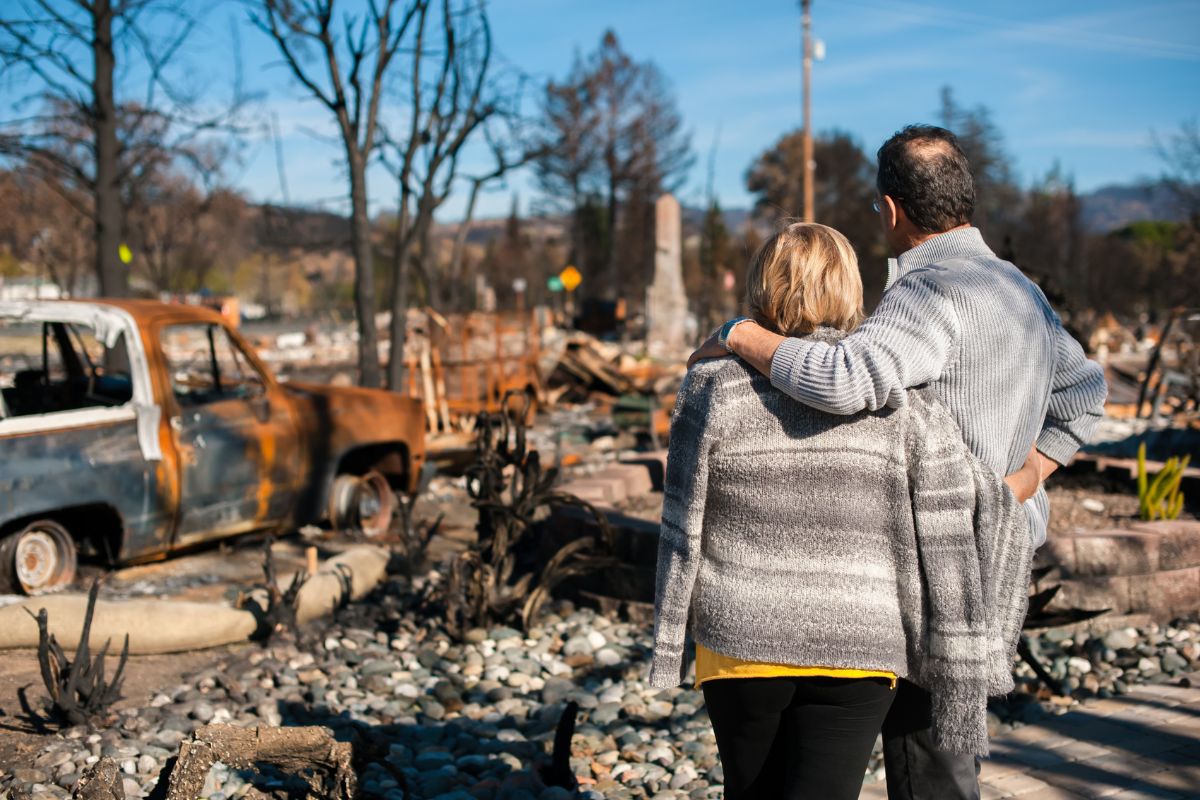
A Plan
If you know your area is prone to instability or natural disasters, then you probably already know about this one, but you always need a plan to get yourself and others to safety.
Normally, this entails an evacuation route towards one specific destination that everyone in your family knows, so that if you are separated you can still make your way there.
Then, once you have safely retreated from wherever you are, you can get to where you need to go easily before planning your next move.
Some people like their plan to last until the disaster is over – maybe one or two days – others want their plan to go on for months, just in case it continues.
Survival Skills
During disaster situations, the first thing to go is often the services and infrastructure of a place.
In floods, they turn off the water to prevent contamination, electricity to prevent surges, and stores will be closed due to the disaster.
This is the same for any disaster, and it makes sense, as it stops a humanitarian catastrophe, but that still doesn’t help you.
As such, what you should do is learn skills to help you survive. Learn how to purify water from tablets or through natural filtering means – like filtering boiling water through charcoal and sand.
Learn how to find food and forage in the open places. Learn the skills you need to survive in the world around you.
Like with learning survival skills, learning to navigate your immediate area or to navigate the land in general is a great idea.
If you don’t, you may find yourself in trouble constantly, as you will be forced into making reckless choices that could endanger your lives.
If you don’t learn to navigate the world during a disaster, you may not survive the disaster itself, as you could walk directly in its path.
Taking a couple of minutes a day to walk around your area or learning to read maps could really help.
Other Things That Could Help You In A Disaster
Networking
One important aspect of surviving a disaster that people don’t talk about is building a network.
This can be a network of friends, family, and co-workers who have your information (phone number, name, and address).
You all give your information to one another on cards and when something happens, there will be people about whom you can contact for help.
This works both ways, so be there for them also.
Hobbies
Surviving is tough, and many people forget about the effect that survival has on the mind itself.
If you are constantly surviving with no free time, then you are likely to suffer a mental collapse. As such, you should get some hobbies that require very little effort.
Whittling only requires wood and a knife, card games can be played by many, even storytelling is a great way to pass the time. Just make sure you aren’t surviving constantly.
Conclusion
Now that we have gone over everything that you are going to need to prepare in advance to survive a disaster, we can ask the question: Are you ready or not?
- How To Make A Quick And Easy DIY Toilet For Camping - September 19, 2022
- How To Use A Knife For Self Defense - September 19, 2022
- How To Help The Elderly Recover From A Disaster - September 19, 2022
